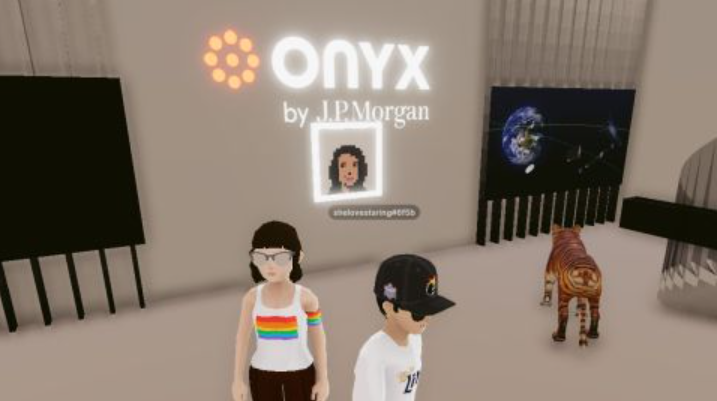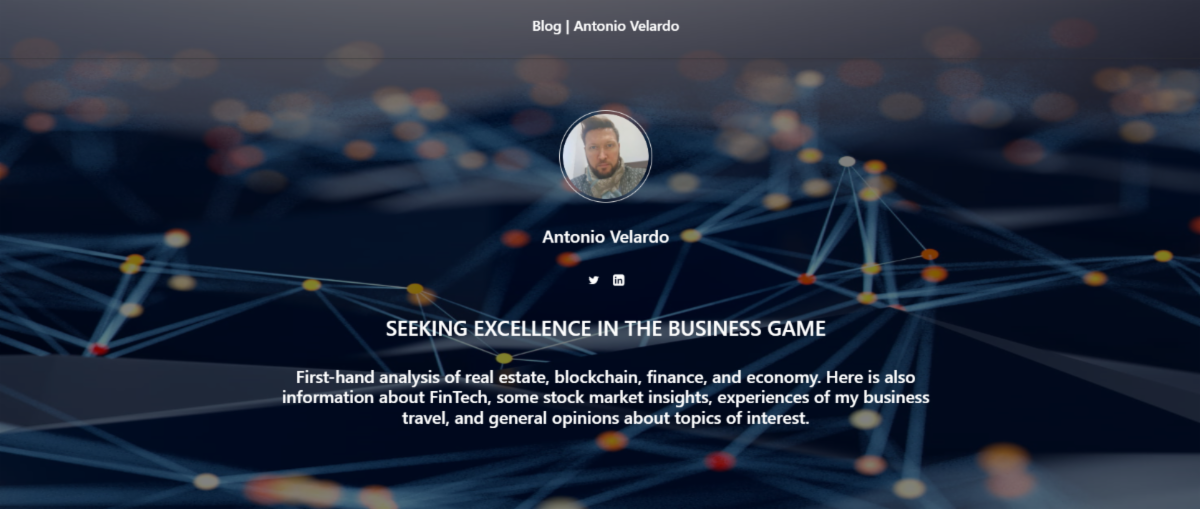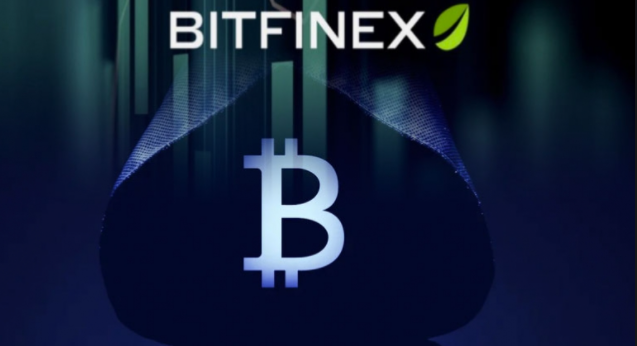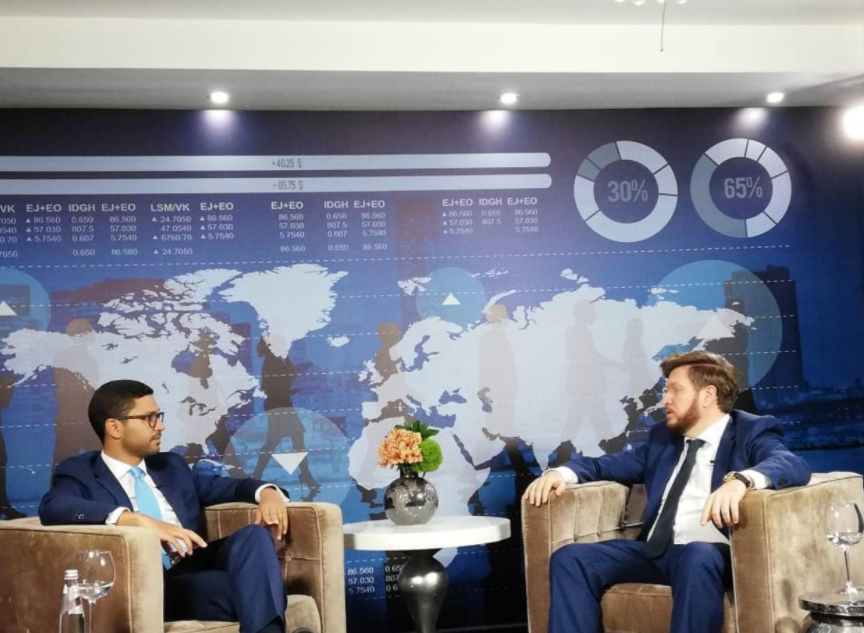Aftermath Islands launches adult playground for entertainment, gaming, parties and more.
TORONTO, ON and BRIDGETOWN, BARBADOS / ACCESSWIRE / February 3, 2022 / Oasis Digital Studios Limited ("Oasis"), a wholly owned subsidiary of Liquid Avatar Technologies Inc. (CSE:LQID)(OTCQB:LQAVF)(FRA:4T51) ("Liquid Avatar Technologies" or the "Company"), a global blockchain and fintech solutions company, focused on Digital Identity, integrated Avatars and the Metaverse, is pleased to announce that its controlled subsidiary, Aftermath Islands Metaverse Limited ("Aftermath Islands") together with seasoned, industry, and entertainment executive Howard Lefkowitz, who led Vegas.com from its rise from $360,000 in annual sales to over $400 million annually over a 10-year period, have launched Vegas Island, a premium destination in the Aftermath Islands Metaverse, an age restricted virtual island that will allow participants to buy virtual themed land, interact, and experience entertainment, gaming and High Roller experiences. Given the premium nature of the island and the planned programs, a limited amount of virtual land is available for sale to the public, starting at USD $100 per 1000 m2 and ranging in price to USD $5,200 for a mega 100 plot parcel.
Vegas Island will use age verification technologies and verifiable credentials available from the Liquid Avatar mobile wallet to confirm access without providing any personally identifiable information or personal data. Liquid Avatar Technologies' digital identity solution will be used throughout Aftermath Islands providing credentials for key access to Estate Islands, private islands, restricted events and venues, and will be available to other Metaverse properties to reduce identity fraud and bad actors. Participants will be able to use their Liquid Avatar mobile wallet to also opt-in to permission-based loyalty, engagement, and other brand programs to receive online and offline incentives.
From comedians, to lounge acts, live performances, magicians, adult-theme reviews and more, Vegas Island is planning to create an entertainment, gaming, limited housing, and playable areas, to bring the spirit of Las Vegas to Aftermath Islands.
"We're inviting everyone to join the party and enjoy outrageous events and activities as Vegas Island is planning to be loaded with hip hotels, shows of all kinds from headliners to stage reviews, restaurants with power-up foods, and delivery of all imaginable items to your real-world front door. Virtually walk the famed Vegas Island Strip where you'll frolic in bars with real lounge acts, nightclubs, day-clubs, adult clubs with VIP rooms and be surrounded by beautiful avatars! Vegas Island is for everyone, of age, of course," said Howard Lefkowitz. "Vegas Island Stadium is expected to host e-sporting events, rodeos, and bands that fill real-life stadiums around the globe. Other planned events include world-class shopping for the virtual and actual worlds, live cams of actual lions, tigers, and pools (oh my), and of course condos, homes, and mansions too. Lest we forget the beach club on the ocean! Since Baby ALWAYS needs a new pair of shoes, there will be gaming! Vegas Island is expected to offer play-for-fun gaming or licensed, legal by age and jurisdiction gambling too! Plus, ways to earn and win free high-roller trips to Vegas and more. Come join us at the truly happiest damn place in the metaverse&hellipVegas Island."
Additional premium theme islands are planned for release. Aftermath Islands Metaverse is working with brands and agencies and welcomes the opportunity explore partnerships that will create new and interactive virtual experiences for players.
For information on Aftermath Islands and to receive updates from Oasis Digital Studios, please click here
If you would like to join our mailing list and receive updates from Liquid Avatar Technologies, please click here
About Howard Lefkowitz
Howard Lefkowitz has had a career as a change agent inside and outside organizations around the globe.
During his 25+ years as an executive for companies such as Vegas.com, EarthLink, Home Shopping Network, Row 44, and board positions encompassing the tech, media, and health care industries, Lefkowitz has been innovating, operating, changing, and building. By merging marketing, content, and product with new and legacy technologies, he finds new and profitable business.
Mr. Lefkowitz was CEO of VEGAS.com for ten years. He started with a 19-person team and a content-based Web site with $100,000 monthly, unique visitors and re-engineered it into the most visited city website in the world that received more than 2.5 million visitors each month and was supported by 400 employees. Lefkowitz established strong consumer branding while focused on multiple revenue streams. Lefkowitz also spearheaded development of mission-critical, back-of-house systems used by most Las Vegas hotels, including payment gateways for credit card processing, box office and show ticket operations, systems integration, product development, concierge desks and retail systems and operations. The company went from $360,000 per year in sales to nearly $400 MIL annually under his leadership and became a globally renowned brand.
These efforts have won numerous honors and awards, including the Odyssey Award for Best Domestic Marketing Campaign from The Travel Industry Association (TIA), more than 14 gold, silver, and bronze awards from the Hospitality Sales and Marketing Association International (HSMAI) and Editor & Publisher's EPpy Award for Best Internet Shopping Service. Vegas.com was also a finalist for the Codie Award for Best Online Software Service by the Software and Information Industry Association (SIIA). Lefkowitz has 9 hospitality technology patents in the US, Canada, China, India, and other global jurisdictions.
A highly regarded leader and innovator, Lefkowitz has been featured in hundreds of magazines, newspapers, and television segments, including NBC Nightly News, ABC News, The Today Show, The New York Times, Los Angeles Times, Inc. Magazine, USA Today and many others. He has appeared as a public speaker at dozens of industry trade shows and universities, including the Haas Business School at University of California Berkley, San Diego State, and the University of Nevada, Las Vegas among others.
Currently Mr. Lefkowitz is involved with a few promising startups in healthcare, blockchain and crypto currency, and ecommerce, including Liquid Avatar Technologies, Oasis Digital Studios and Aftermath Islands.
About Aftermath Islands Metaverse Limited - www.aftermathislands.com
Aftermath Islands Metaverse Limited is a Barbados corporation which is 50% owned and is controlled by Oasis Digital Studios Limited, a wholly owned subsidiary of Liquid Avatar Technologies Inc.
Aftermath Islands as first described in the initial whitepaper published in 2017 and then subsequently updated, was based on the premise of a water-world with islands that represented destinations in a global virtual game. Since then, the Aftermath Islands metaverse has evolved and now represents exciting themed based islands, communities, and estates where players can experience a wide range of adventures and opportunities.
In Aftermath Islands' virtual world, users can buy, develop, trade, and sell Virtual Land (VL), property and assets, like buildings, crafted items, transport, and other items all through NFTs, a non-fungible token that represents the ownership of virtual and other assets. Each plot or parcel of VL is unique and owners get to choose what content they want to publish on their VL. This can range from simple scenery and structures to an interactive game, store, warehouse, dwelling, facility, or destination. Users can purchase VL as well as all other goods and services in Aftermath Islands with CREDITS, the current code name for in-game currency, fiat and other authorized currencies, coins, and tokens.
Aftermath Islands is a shared virtual world, much like the Metaverse described by author Ernest Cline in his science-fiction novels Ready Player One and Ready Player Two. Expected to launch mid-2022, Aftermath Islands will allow users to connect and interact with each other, create content, craft, participate in activities and quests and play games. Aftermath Islands will have a virtual economy where users can engage in a myriad of in-world economic transactions as well as monetize the content, items, quests, and applications they build.
For more information about Aftermath Islands, please visit www.aftermathislands.com
About Oasis Digital Studios Limited - www.oasisdigitalstudios.com
Oasis Digital Studios Limited ("Oasis") brings together leading individuals and organizations in blockchain technology, computer graphics, augmented reality, entertainment, art, sports, gaming, music, media, comic book, memorabilia, and pop culture arenas to support the fast-paced and growing digital collectible and NFT marketplace. The Oasis business model is to create storytelling, experiential and collectible partnerships with artists, sports personalities, talent, brands, and commercial enterprises to create digital offerings and digital / physical product programs via digital collectibles and NFTs. Oasis uses multimedia, cinematics, animations, and other techniques to create unique products together with the latest Augmented Reality and virtual technologies to tell the Artist and Talent stories providing immersive experiences for Digital Collectibles and NFTs. The Oasis AR Enhanced NFT experience, powered by ImagineAR, will be available exclusively through the Liquid Avatar Mobile App, which features the ability for users to create digital icons that allow them to manage, control and create value from their biometrically verified digital identity, and is available on Google Play and in the Apple App Store.
About Liquid Avatar Technologies Inc. - www.liquidavatartechnologies.com
Liquid Avatar Technologies Inc. focuses on the verification, management and monetization of Self Sovereign Identity, empowering users to control and benefit from the use of their online identity.
The Liquid Avatar Mobile App, available in the Apple App Store and Google Play is a verified Self Sovereign Identity platform that empowers users to create high quality digital icons representing their online personas. These icons allow users to manage and control their digital identity and Verifiable Access and Identity Credentials, and to use Liquid Avatars to share public and permission based private data when they want and with whom they want.
The Liquid Avatar Verifiable Credentials Ecosystem (LAVCE) has been developed to support all participants in a digital credential ecosystem, including the Holder, Issuer and Verifier, using state-of-the-art blockchain and open standards technologies initially as a node on the Indicio Network. The Company is a voting and steering committee member of the Trust over IP Foundation, founding and steering committee member of Cardea, a Linux Foundation Public Health project, member of the Good Health Pass collaborative, DIACC, the Covid Credentials Initiative ("CCI"), The Linux Foundation and a founding member of the Lumedic Exchange.
The Company has a suite of early-stage revenue generating programs that support the Liquid Avatar Mobile App program, including KABN KASH, a cash back and reward program that has over 500 leading online merchants and is working to release its own branded network payment card.
The Company's subsidiary, Oasis Digital Studios, is a creative and development agency that supports a wide range of artists, talent, and enterprises with Non-Fungible Token (NFT) solutions and has acquired 50% and control of the Aftermath Islands Metaverse program.
Liquid Avatar Technologies Inc. is publicly listed on the Canadian Securities Exchange (CSE) under the symbol "LQID" (CSE:LQID).
The Company also trades in the United States, on the OTCQB under the symbol "LQAVF" and in Frankfurt under the symbol "4T51".
If you have not already joined our mailing list and would like to receive updates on Liquid Avatar Technologies Inc., please click here to join!
For more information, please visit www.liquidavatartechnologies.com
For further information, please contact:
David Lucatch
Chief Executive Officer
647-725-7742 Ext. 701
ir@liquidavatar.com
US and Canadian Media Contact:
Nicole Rodrigues
NRPR Group
nicole@nrprgroup.com
The CSE has not reviewed and does not accept responsibility for the adequacy or accuracy of this release.
All websites referred to are expressly not incorporated by reference into this press release.
Forward-Looking Information and Statements
This press release contains certain "forward-looking information" within the meaning of applicable Canadian securities legislation and may also contain statements that may constitute "forward-looking statements" within the meaning of the safe harbor provisions of the United States Private Securities Litigation Reform Act of 1995. Such forward-looking information and forward-looking statements are not representative of historical facts or information or current condition, but instead represent only the Company's beliefs regarding future events, plans or objectives, many of which, by their nature, are inherently uncertain and outside of the Company's control. Generally, such forward-looking information or forward-looking statements can be identified by the use of forward-looking terminology such as "plans", "expects" or "does not expect", "is expected", "budget", "scheduled", "estimates", "forecasts", "intends", "anticipates" or "does not anticipate", or "believes", or variations of such words and phrases or may contain statements that certain actions, events or results "may", "could", "would", "might" or "will be taken", "will continue", "will occur" or "will be achieved".
The forward-looking information and forward-looking statements contained herein include, but is not limited to, statements regarding the future launch of in-game activities, sales of digital and physical collectibles, Non-Fungible Tokens and other related products through Oasis Digital Studios and / or its clients, partners and other service providers, statements regarding the future capabilities of LAVCE or the operation of an Indicio Network Node, expected geographic expansion, the ability of the Company to generate revenues, roll out new programs and to successfully achieve business objectives, and expectations for other economic, business, and/or competitive factors.
By identifying such information and statements in this manner, the Company is alerting the reader that such information and statements are subject to known and unknown risks, uncertainties and other factors that may cause the actual results, level of activity, performance, or achievements of the Company to be materially different from those expressed or implied by such information and statements.
Although the Company believes that the assumptions and factors used in preparing, and the expectations contained in, the forward-looking information and statements are reasonable, undue reliance should not be placed on such information and statements, and no assurance or guarantee can be given that such forward-looking information and statements will prove to be accurate, as actual results and future events could differ materially from those anticipated in such information and statements. The forward-looking information and forward-looking statements contained in this press release are made as of the date of this press release, and the Company does not undertake to update any forward-looking information and/or forward-looking statements that are contained or referenced herein, except in accordance with applicable securities laws.
SOURCE: Liquid Avatar Technologies Inc.









